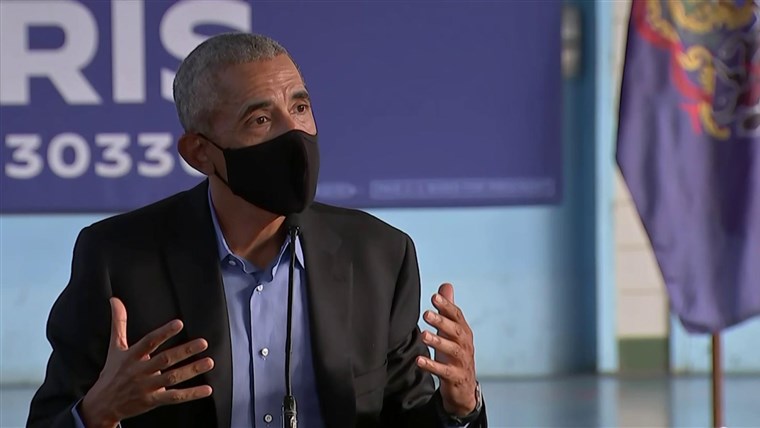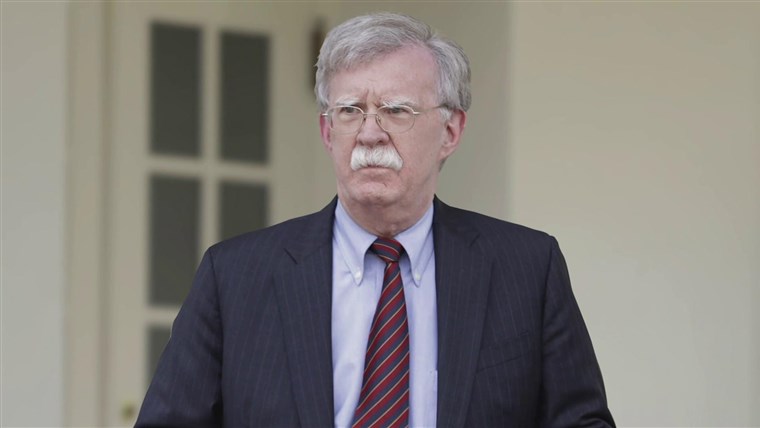WASHINGTON — The U.S. Supreme Court has faced a stream of last-minute appeals over election procedures since the spring, and most of the time it has rejected calls to allow less restrictive voting measures despite the pandemic.
That has generally meant that Republicans prevailed in seeking to block changes that would make it easier to vote, especially in casting mail-in ballots. Of 11 election-related cases filed as emergency appeals since April, Republican interests won in eight.
The court rejected Democratic efforts to lift an age eligibility requirement for mail ballots in Texas, or allow curbside voting and waive the witness requirement for mail ballots in Alabama, or suspend the witness requirement in South Carolina. And it put a hold on lower court orders that would have made it easier to get initiative measures on the ballot in Idaho and Oregon.
“I think a deference to the states is at work here,” said Edward Foley, an expert on election law at Moritz College of law at The Ohio State University.
That could explain why the court reached opposite conclusions on mail-in ballots in Pennsylvania and Wisconsin.
On Oct. 20, the court rebuffed a Republican attempt to block a ruling by the Pennsylvania Supreme Court that allows mail ballots to be counted if they arrive up to three days after election day. By contrast, the court granted a GOP request to block an extension on the mail ballot deadline that was ordered by a federal court in Wisconsin during the primary.
“The Pennsylvania case was coming from the state’s own judiciary rather than a federal court,” Foley said, and the state’s top election official was not supporting the Republicans.
Paul Smith of the Campaign Legal Center in Washington, who frequently argues election cases in federal court, agrees.
“There seems to be some feeling on the Supreme Court that state election officials should be left alone to make their judgment,” he said.
At the same time, he added, that has tended to allow Republicans to prevail, limiting voting opportunities.
In August, the Supreme Court denied an effort by Republicans to block lower court rulings that suspended the witness requirement for mail ballots in Rhode Island, but state officials supported that rule change making voting easier. And in October, the court rejected a Republican appeal seeking to block ranked-choice voting in Maine. There, too, the change was endorsed by the top court in the state, not by a federal judge.
Two more rulings could come at any time ahead of Election Day Nov. 3 from the U.S. Supreme Court, on Republican efforts to block lower court rulings that extend the mail ballot deadline in the presidential battleground states of Wisconsin and North Carolina.
Judge Amy Coney Barret’s confirmation by the full Senate is expected Monday, so she could jump in and vote on any of those pending emergency appeals, as well as others that will undoubtedly come before Election Day.
The vote in the Pennsylvania case was 4-4, one vote short of the number needed to grant a stay of a lower court ruling. Barrett’s arrival removes the possibility of further ties.
A third factor may also be at work in the court’s unwillingness to allow last-minute rule changes.
When the court ruled for Republicans in the South Carolina case, maintaining the signature requirement for mail ballots, Justice Brett Kavanaugh said that the Supreme Court has for years tended to disfavor such changes.
“This court has repeatedly emphasized that federal courts ordinarily should not alter state election rules in the period close to an election,” he wrote.

 Pete Williams
Pete Williams

